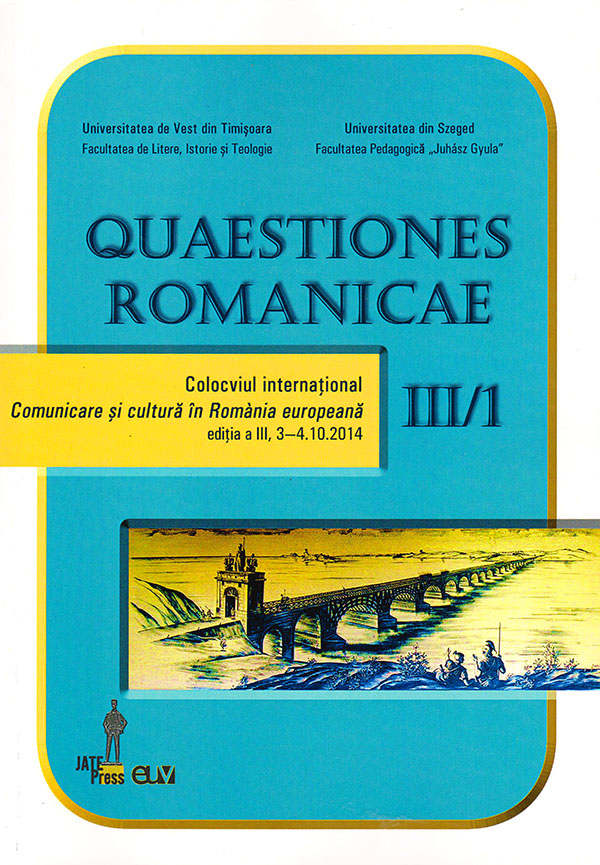Un passo verso la didattica interculturale in un contesto LS
Abstract: (A step towards intercultural education in a context LS) When Italian is studied abroad the real intercultural contacts are missing so the teacher has to simulate the situations that demand observation of different social behaviours. We frequently have to operate in the institutions where the native language instructor (lettore) is not present so the non-native language teacher alone has the difficult task to create all necessary conditions to help his students in acquiring the intercultural competence and we often wonder how we should lead our students through this dimension of language learning. One of the ways can certainly be based upon the principles of Cooperative Learning such as positive interdependence, teacher-student and student-student interactions, heterogeneous groups, individual and group critical assessment. This paper, in which we give also an example of teaching unit seen as a confrontation of the cultural models of the two countries, aims to improve intercultural communicative competences. Starting from the awareness of their own cultural models, moving towards stereotypes regarding Italian culture and society the teacher guides the student in discovering and accepting foreign culture. This teaching unit can be applied to common language courses as well as to professional courses. It may be useful in changing students' attitudes and opening towards the different. In that way the students reflect on their own culture which has generated the stereotypes and they change the old perspective without losing their own cultural identity.
Keywords: intercultural competence, cooperative learning, stereotypes and prejudices, cultural models.
Riassunto: Quando l‟italiano è studiato all‟estero in assenza di veri contatti interculturali l‟insegnante deve simulare le situazioni che richiedono l‟osservazione dei diversi comportamenti sociali. Spesso ci si trova a dover operare in istituzioni dove manca la figura del lettore italiano, quindi l‟insegnante da solo ha il difficile compito di creare tutti i presupposti per avviare l‟acquisizione della competenza interculturale e si chiede come guidare gli studenti verso questo traguardo. Uno dei modi potrebbe essere quello basato sui principi del Cooperative Learning: interdipendenza positiva, interazione insegnantestudente e studente-studente, gruppi eterogenei, valutazione critica personale e di gruppo. Questa relazione che proporrà un‟unità didattica vista come confronto tra i modelli culturali dei due paesi, è volta al miglioramento delle abilità di comunicazione interculturale. Si parte dalla presa di coscienza dei propri modelli culturali, passando per gli stereotipi esistenti nei confronti della cultura italiana per arrivare alla scoperta ed accettazione della cultura straniera e alla formazione dei sociotipi. L‟UD è adatta a diversi corsi di italiano generale e settoriale e può essere utile nella creazione di un atteggiamento di apertura verso il diverso. In tal modo gli studenti riflettono sulla propria cultura che ha generato gli stereotipi e cambiano la vecchia prospettiva senza perdere la propria identità culturale.
Parole-chiave: competenza interculturale, cooperative learning, stereotipi e pregiudizi, modelli culturali.
